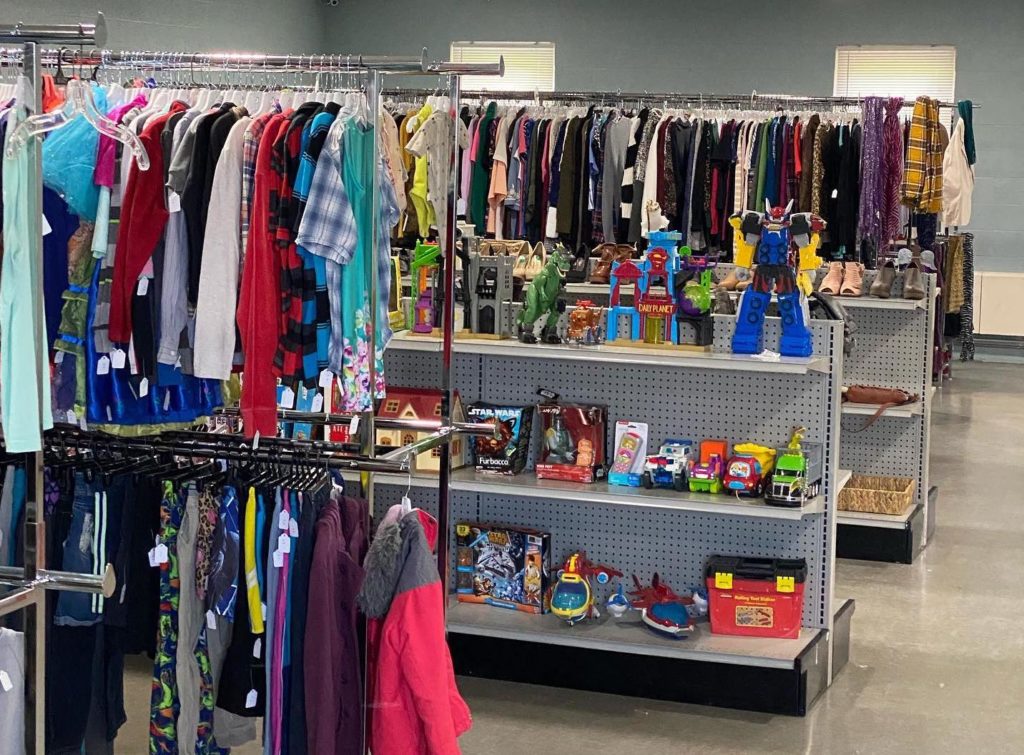In the past six years, Jeff Belcher, a church planter in Baltimore, and volunteers from his partner churches have knocked on hundreds of thousands of doors in his community.
And it’s not uncommon for them to knock and, when the door is opened, see that there is not a single piece of furniture in the house.
Where they live, they run into “desperate needs all the time,” said Belcher, who moved with his family to Baltimore from Alabama in 2014 to plant Church of the Harbor.
“There’s addiction, broken families and high crime, and many of the people in our area lack even basic skills, such as reading,” he said. “Our evangelism efforts help us to build rapport and introduce spiritual conversations. The first time we knock, they say, ‘Nah, I’m not interested.’ By the 10th time it’s, ‘Hey, Pastor Jeff!’ It’s a way to get to know our neighbors.”
Belcher said they rarely see someone make a decision to follow Christ on their porch or in the park, but these visits and invitations to church often lead people through the church’s doors. And when that happens, those people are ready to have an honest conversation.
“It’s not uncommon for people to make a profession of faith the first time they visit,” he said.
God is doing great things there, Belcher said — the church is growing and expanding to new campuses. But he also knows Church of the Harbor will likely never be self-sustaining.
“Considering we serve a large number of marginalized people, we’ve needed to be creative about revenue for our church — especially considering we’re starting new churches,” he said.
So the church recently converted their fellowship hall into a thrift store as a way to bring in extra revenue. Belcher says he also sees it as a way to help church members grow in dignity as they grow in their faith.
“What we’ve noticed is people in our community are content to take what’s free,” he said. “We’re happy to lavish grace on people, but we also want to teach people it’s healthier to work and spend $1 to buy a shirt at the thrift store than have us provide it for free.”
Belcher says they’ll continue to meet people where they are — they are constantly doing compassion ministry in their area, one side of the coin for the Send Network value of restoration. During the pandemic, they were able to get up to 12,000 pounds of food a week from the Maryland Food Bank, and they delivered it to hungry people in their community who were too far from local schools to pick up meals there.
But they’ll also use that as a way to encourage people toward Jesus and toward following Him with their whole life, the fullest expression of restoration.
“Every community is different, and we’re just trying to reach our neighbors right where they are,” Belcher said.
For more information about the church, visit facebook.com/churchoftheharbor.
Published June 2, 2021
